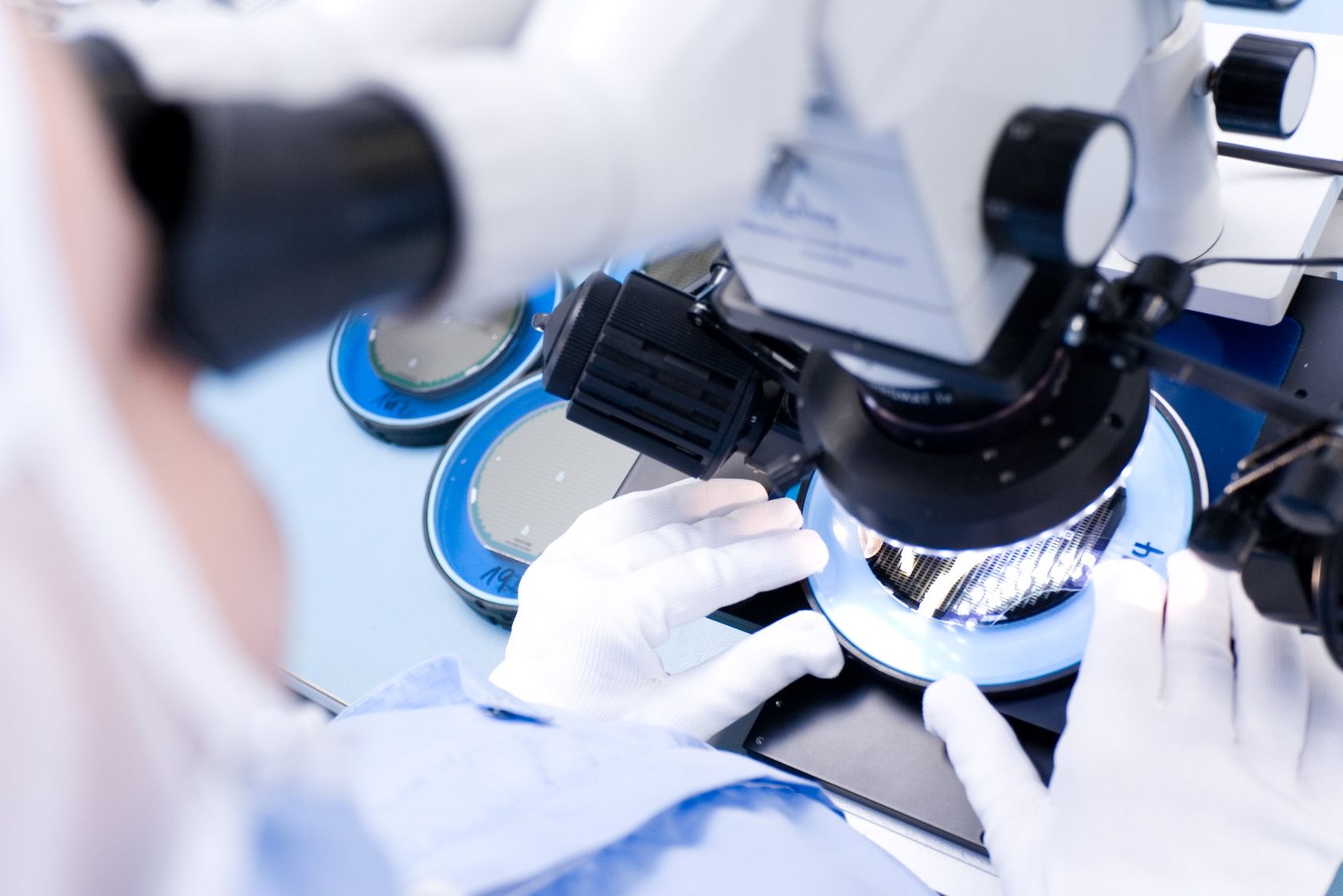
(Vienna, 14 February 2020) The human immune system produces cells to support healing processes within the body. However, some of these cells are known to be proinflammatory or can promote the formation of cancer cells. Researchers led by Thomas Weichhart from the Center for Pathobiochemistry and Genetics of the Medical University of Vienna and Wolfram Weckwerth from the University of Vienna have now shown that the development of these immune cells can be prevented by a new biochemical switch. The study has been published in Cell Reports.
If the human body detects foreign organisms or substances, it reacts with a so-called immune response. The innate immune response comprises the major cellular reactions associated with infection and diseases. However, as well as providing effective defence against bacterial infections, the immune system also plays a significant role in the development of cancer and other systemic diseases. The understanding of fundamental biochemical processes is therefore of great importance and can directly lead to treatments to combat immunodeficiencies and even cancer.
The differentiation – that is to say development – of defence cells of the human immune system is one of the most complex processes that occur during a direct immune response to infection. The defence cells that are produced are called macrophages and can be divided into two types: M1 macrophages that promote inflammation and M2 macrophages that support healing processes within the body. However, the latter can also encourage the formation of cancer cells – so-called tumour-associated macrophages (TAM).
Cell differentiation can be suppressed by the new switch
In a new study, the research team led by system biologist Wolfram Weckwerth from the University of Vienna and immunologist Thomas Weichhart from the Medical University of Vienna has shown that, as well as the known mechanisms of macrophage differentiation, there is also an important switch which has hitherto been overlooked. This is a biochemical pathway that branches off from glycolysis – the most important metabolic pathway for processing sugars in the human body – and synthesises the amino acid serine. The enzyme that is responsible for this is phosphoglycerate dehydrogenase (phgdh), which therefore supports important biosynthetic processes of rapid cell division.
The researchers realised that, when this switch is turned off, it inhibits differentiation into M2 macrophages. This has direct consequences for our understanding of tumour-associated macrophages, which could be prevented from forming in this way. "Our hypothesis is that this deprives the cancer cells of an important environment. This metabolic pathway and phgdh are therefore very important in the fight against cancer, which is facilitated by these tumour-associated macrophages," points out Jayne Louise Wilson, lead author of the study, from MedUni Vienna's Center for Pathobiochemistry and Genetics. The two laboratories are working on further studies into this mechanism and the development of potential therapeutic options.
Service: Cell Reports
Wilson, Jayne Louise, Nägele, Thomas, Linke, Monika, Demel, Florian, Fritsch, Stephanie, Mayr, Hannah Katharina, Cai, Zhengnan, Katholnig, Karl, Sun, Xiaoliang, Fragner, Lena, Miller, Anne, Haschemi, Arvand, Popa, Alexandra, Bergthaler, Andreas, Hengstschläger, Markus, Weichhart, Thomas and Weckwerth, Wolfram, Inverse Data-Driven Modelling and Multiomics Analysis Reveals Phgdh as a Metabolic Checkpoint of Macrophage Polarization and Proliferation
Cell Reports
DOI: 10.1016/j.celrep.2020.01.011
https://www.cell.com/cell-reports/fulltext/S2211-1247(20)30020-6
https://www.cell.com/cell-reports/fulltext/S2211-1247(20)30020-6